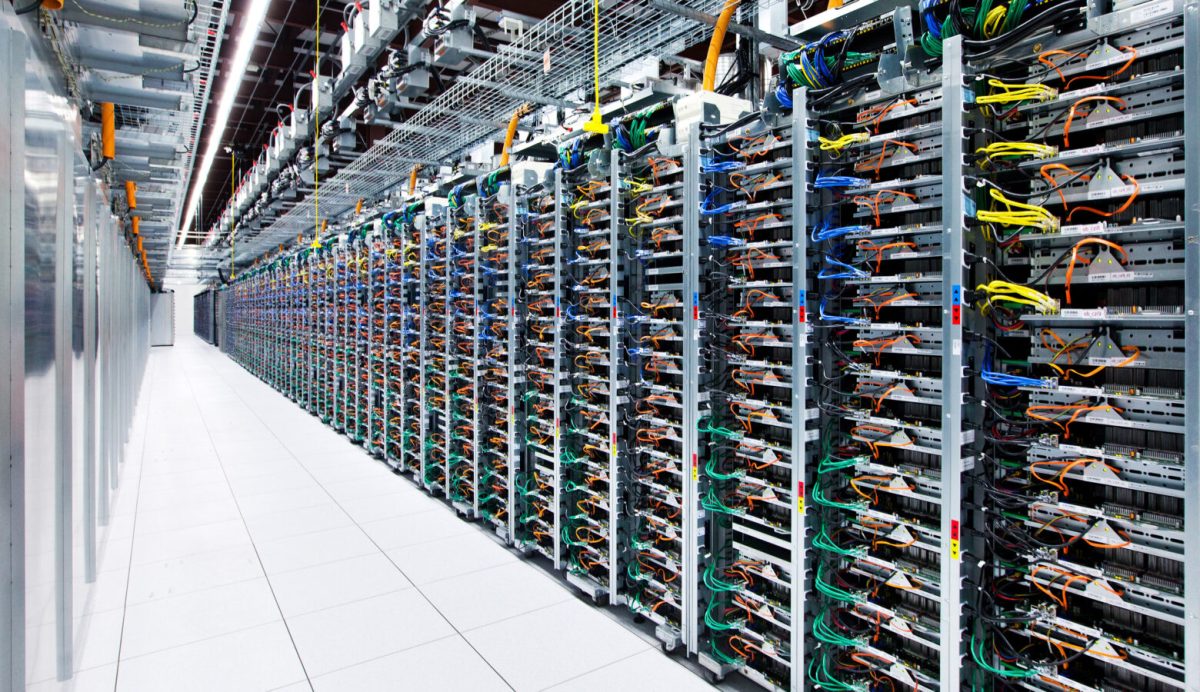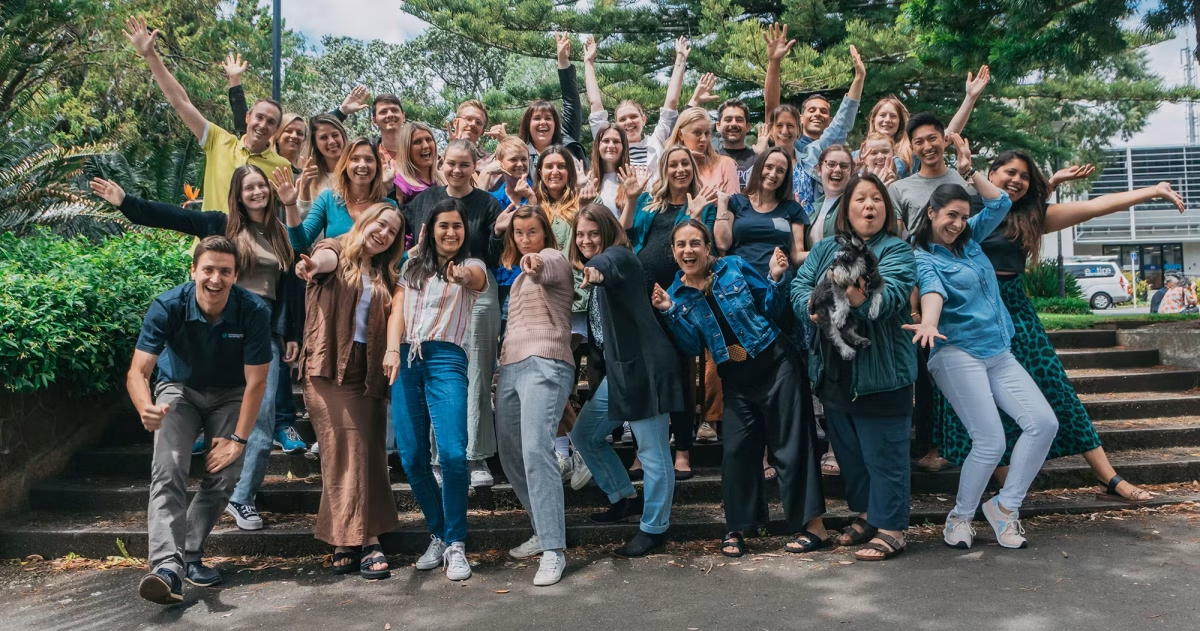Artificial intelligence nearly permeates every aspect of the modern internet, from AI-generated summaries to Google search queries to AI-generated images flooding nearly every social media platform. This influx of AI-generated content has come so rapidly that many have already become so accustomed to utilizing these programs in many aspects of their lives that they might not have realized the actual implications of it. From its large ecological footprint to its sycophantic tendencies, many people don’t fully grasp the implications of artificial intelligence, both positive and negative. Within this editorial, I aim to provide a lens in which to analyze and garner a larger understanding of artificial intelligence more generally, rather than the rather polarizing discussions that often surround this discussion. I aim to create a balanced discussion. Also it should be noted that when I use the term artificial intelligence–which I will shorten to AI–, I’m not only referring to large language models– or LLMs–, such as Chat GPT, Gemini, or Deepseek, but rather all forms of generative artificial intelligence–or GenAIs–, such as: DALL E, Open AI’s image generator; Sora, Open AI’s video generator; and even ElevenLabs, an AI voice generator. Now that we have a basis for what I quantify AI as, we can actually get into the proper impacts of these technologies; this will be cut into two primary sections, in which I will discuss the positives and negatives.
Many argue that AI has great potential as a promoter of progress; this argument has quite a bit of merit to it. Plenty of people have used AI to aid with education, whether this be the creation of practice questions or the promotion of language learning. This use is most likely what you would think of first in a discussion of the uses for AI. While these cases are hugely beneficial, often helping to enrich those who are struggling with specific subjects, these use cases make up but a small portion of the actual progress AI can accomplish. AI is uniquely capable of compounding monumental amounts of data, then drawing large-scale trends between all the recorded data. A task this colossal simply could never be completed by humans, and as such, AI can act as a vessel to analyze these data sets, helping to continue scientific progress even when humans are simply incapable of undertaking a task. This progress cannot be understated as many of these gargantuan data sets typically pertain to the medical field, and especially to fields such as cancer research, which is contingent on the analysis of large data sets to draw larger trends seen between similar cancers and, in doing so, creating methods to better treat said condition. Along with the possibilities AI holds within the scientific realm, it holds similar possibilities within the realm of programming, where AI tools can work hugely to the benefit of small teams of developers when it comes to issues regarding debugging. Before I continue, I will acknowledge that there is another side to this benefit, which will be discussed later within this paper. These account for the main positives regarding AI, with it mainly focusing on increasing efficiency within most fields in some fashion.
As I’ve already discussed the potential good AI could accomplish or promote, I see it necessary to address the negatives, of which there are many. Firstly, AI’s environmental toll necessitates discussion. As of the end of 2024, AI utilizes approximately 4.4% of all energy in the United States. Estimates currently show that by 2028, AI data centers will use approximately the same amount of energy as 22% of all households within the United States. This portion of consumption is an amount that cannot be simply waived off; this signals a paradigm shift in energy consumption. While it should be noted that only approximately 50% of energy for data centers comes from the actual electrical grid–as the other 50% is created for express use within these centers–it should be noted, however, that much of this energy is still coming from nonrenewable sources (primarily natural gasses) which will likely result in a spike in CO2 emissions for countries partaking in the “AI Revolution” which will continue to intensify the nature of climate change and global warming. [1]
Secondly, the concerningly sycophantic nature of AI can serve as a very large issue regarding this new technology. This most pertains to the nature of most AI models to agree with nearly everything you say to it, despite the actual factuality of it. This tendency has already led to devastation, often contributing to the continued isolation of those already on the brink. While this issue doesn’t nearly have the same significance as its peers, I still believe it is prudent to mention, because of how often AI is being used within scientific research, where having a model which is acting incredibly sycophantically could be disastrous for any sort of real innovation.
Another issue regarding AI is its place within the stock market. Currently, according to Yahoo! Finance approximately 92% of economic growth is found within the field of AI.[2] This is hugely concerning as it signals an event known as a bubble. Bubbles are rarely healthy for any economy, because–just as bubbles always do–they pop. Overall, while it can appear on the surface that AI is going to “save the economy,” it is highly likely that it can have the exact opposite effect. Currently, nearly 30% of the entire economy is founded on AI’s future promise.[3] A promise that still hasn’t been observed comes to fruition, with practically every company’s AI producing more expenditure than revenue. This is only compounded by the fact that these AI companies are funneling funds between themselves, creating a circular trading system of expenditure, with money being lost along the way. At this current state, economic growth will likely stagnate in the coming years as the reckless nature of these catches up to the companies’ stock prices, a reality which has already been realized by some economists.
Finally, you have AI’s impact on the job market; for this, I will divide it into two main sections: creative and technological. AI has already had a detrimental impact on nearly every section of the creative industry, from commission artists to script writers; thousands are losing their jobs to AI. While no exact percentages exist to quantify this impact yet, by simply looking around, it’s simple to ascertain the implications of this technology; AI images flood web results, and AI-generated music overtakes streaming platforms. One of the only quantitative facts that we know as of now is that over 50% of all new articles on the internet are AI-generated.[4] This is disastrous as AI can often have “delusions,” where when AI doesn’t know something it just makes up a fact to make its text sound more confident. This nature of AI has serious implications for the spread of truth with it contributing to the spread of misinformation on a scale which has never been seen before. Along with this, AIs are currently being trained on newly generated content, meaning that these new AI models are being trained on AI-generated content, which could lead to a sort of “biomagnification” when it comes to misinformation, with these ideas being so far ingrained within the model that to combat the spread of misinformation would simply be futile. Along with this, we have the impact of AI on the technological job market. Since 2023, nearly 35% of entry-level positions at technological companies have been eliminated, and many cite the exigence of this change to be the increased usage of AI within the field.[5] The effect of this is rather self-explanatory; if companies refuse to hire more people into entry-level positions, eventually they will run out of senior-level engineers as they begin to retire in the coming years. If this happens, the implications for technological progress would be grave, as senior-level engineers are the ones really behind most consequential projects. Overall in relation to the job market, Goldman Sachs currently estimates that approximately 6%-7% of all jobs within the United States could be cut as a direct result of the advent of AI. [6] This figure is disturbing for a pantheon of reasons, one of them being because at this point in the United States we already have more people unemployed than job openings, the possibility that this could worsen as jobs are cut aggressively in the pursuit of endless efficiency is outright disturbing from a moral point of view, and disastrous from an economic standpoint.
I truly tried to come into researching for this editorial with an open mind, but the deeper I delved into the true nature of AI, the more corrupt I found it. AI is ontologically incomparable to any other technological innovation of the past, whereas past developments were made to complement human thinking; AI, as an idea, seeks to supplement it. The implications this technology has on human ingenuity and thought seem grave, with many people seeking to simply expedite their thinking to an algorithm for the simple fact that it’s easier, a fact which I can’t help but find most disturbing.
[1] O’Donnell, James. “We Did the Math on AI’s Energy Footprint. Here’s the Story You Haven’t Heard.” MIT Technology Review, September 22, 2025. https://www.technologyreview.com/2025/05/20/1116327/ai-energy-usage-climate-footprint-big-tech/
[2] “Most US Growth Now Rides on AI-and Economists Suspect a Bubble.” Yahoo! Finance. Accessed October 27, 2025. https://finance.yahoo.com/news/most-us-growth-now-rides-213011552.html
[3] Morabito, Charlotte. Your portfolio may be more tech-heavy than you think CNBC, 2025. https://www.cnbc.com/2025/10/22/your-portfolio-may-be-more-tech-heavy-than-you-think.html.
[4] Jancer, Matt. “Over 50% of New Online Articles Are Being Cranked out by Ai.” VICE, October 17, 2025. https://www.vice.com/en/article/more-than-half-new-articles-ai-written/.
[5] Jockims, Trevor Laurence. “Ai Is Not Just Ending Entry-Level Jobs. It’s the End of the Career Ladder as We Know It.” CNBC, September 7, 2025. https://www.cnbc.com/2025/09/07/ai-entry-level-jobs-hiring-careers.html.
[6] Subin, Samantha. “Ai Is Already Taking White-Collar Jobs. Economists Warn There’s ‘Much More in the Tank.’” CNBC, October 23, 2025. https://www.cnbc.com/2025/10/22/ai-taking-white-collar-jobs-economists-warn-much-more-in-the-tank.html.








